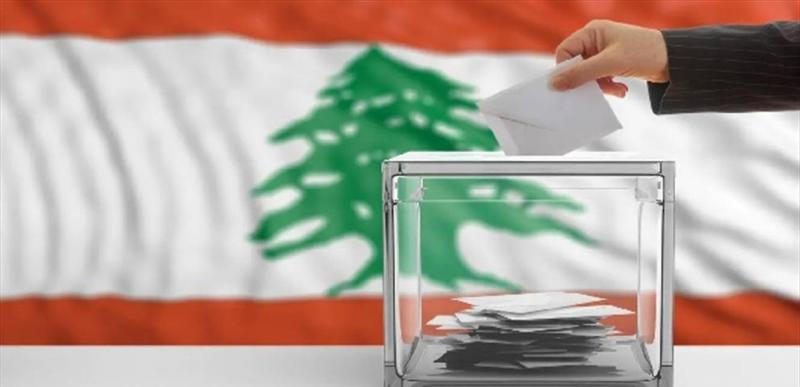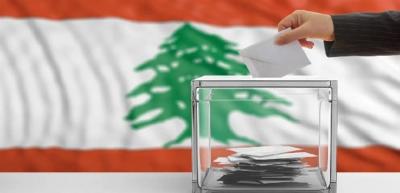The newspaper Asharq Al-Awsat reports that complaints from Lebanese politicians and candidates for the upcoming parliamentary elections regarding "electoral bribes" are increasing unprecedentedly due to the worsening economic situation. Candidates resorting to such inducements to encourage voters to support them benefit from what legal experts describe as a "confusion" in the current law, as well as the difficult conditions endured by more than 60% of the Lebanese population, which has sunk below the poverty line in recent years due to the financial and economic crises plaguing the country.
Among the most notable bribes recorded recently is the provision of medical supplies and services by candidates: electric generators, fuels (gasoline and diesel), and shopping vouchers. Historically, complaints about financial bribery have surged in the hours leading up to elections and on May 15, the scheduled date for the parliamentary elections.
A report by the "Lebanese Association for Democratic Elections," issued a few days ago in collaboration with the "Maharāt" institution, addresses the prevalence of vote-buying categorized under "material and monetary assistance" that has "increased significantly across Lebanon ahead of the 2022 elections." The report highlights factors that heighten concerns about the integrity of the elections, particularly the "complete absence of the state" and its failure to fulfill its social and economic obligations, which reinforces loyalty to wealthy and politically influential leaders, as they are viewed as fulfilling the duties of the state's welfare institutions.
The association points out that as the electoral date approaches, "political money becomes active to secure victory by offering loyalty and gratitude through ballot boxes." Ali Salim, the executive director of the association, considers that "all material and monetary assistance is regarded as bribery before elections, noting that it is difficult to uncover monetary bribes since they do not occur publicly, unlike other types of bribes we have documented, such as Iranian fuel, shopping vouchers, fuel vouchers, and donations to municipalities and state institutions, all of which contribute to entrenched vote-buying and clientelism."
Salim confirms in a statement to Asharq Al-Awsat that "compared to previous years, electoral bribes have increased significantly due to the financial and economic deterioration."
Lebanese law does not clearly define "electoral bribery," according to Dr. Paul Marquess, head of the "Justice" rights organization. However, it can be inferred from Articles 62 and 65 of the law on electing members of the parliament that electoral bribery involves the spending of obligations and expenses that include providing services or paying amounts to voters by candidates, including assistance and material and monetary aid to individuals, charities, social, cultural, or religious organizations, or sports clubs and all official institutions. Marquess notes that "the second paragraph of Article 63 excludes certain assistance and expenses from the prohibitions (if they are provided by candidates or institutions owned or managed by candidates or parties that have routinely offered them in the same size and quantity for at least three years before the election campaign period), meaning that the law itself both criminalizes and exempts, creating confusion."
Marquess explains in a statement to Asharq Al-Awsat that "it is the responsibility of the electoral supervision authority to pursue those who resort to electoral bribery, and the punishment should include both the briber and the bribed." He emphasized that "this authority cannot achieve comprehensive oversight over the electoral spending process and control bribery operations that occur since some candidates spend on their electoral campaigns from bank accounts subject to banking secrecy or accounts belonging to close associates, which limits its supervisory and prosecutorial role."
Constitutional expert and member of the opposition "Shamalna" coalition, Rabi Shaar, a candidate for elections in the North III district, discusses "information about envelopes containing two million Lebanese pounds, and at other times 25 million pounds, with promises of more in the future." He notes that "some individuals demand $500 for guaranteeing their vote for a specific list or candidate on election day."
Shaar indicates in a statement to Asharq Al-Awsat that "part of the voters is concerned with securing jobs and school grants and relies on receiving assistance, if not directly, for municipalities, villages, places of worship, and vital developmental projects for regions that the state has failed to provide due to its collapse and the corruption of the ruling class," adding, "One party in the Batroun area has allocated between $4 million and $6 million for the elections, while we cannot allocate even $50,000."




